Jim Chalmers’ budget bungle prompts call to cap gas prices in bid to bring down bills
The Treasurer’s backflip on a pledge repeated 97 times on the campaign trail has prompted fears people will die if they can’t afford heating. Would you vote for Labor again if power bills don’t come down? Have your say in our poll.
National
Don't miss out on the headlines from National. Followed categories will be added to My News.
A bungled answer to a simple question about Labor’s promise to lower power bills by $275 has forced Treasurer Jim Chalmers into an embarrassing backtrackon the all-but dead commitment, amid concern repeated hikes to energy costs will eventually cost businesses and even lives.
There are growing calls for the federal government to take immediate steps to prevent spiralling energy costs, after the budget revealed prices are expected to increase 56 per cent in two years.
Mr Chalmers only compounded the government’s problems on Wednesday with a gaffe at the National Press Club, where he was asked if Australians should expect Labor’s promised $275 power bill saving by 2025 based on pre-election electricity prices.
“Yep, it’s in the budget,” he said.
But one hour later Mr Chalmers fronted up to Question Time to backtrack.
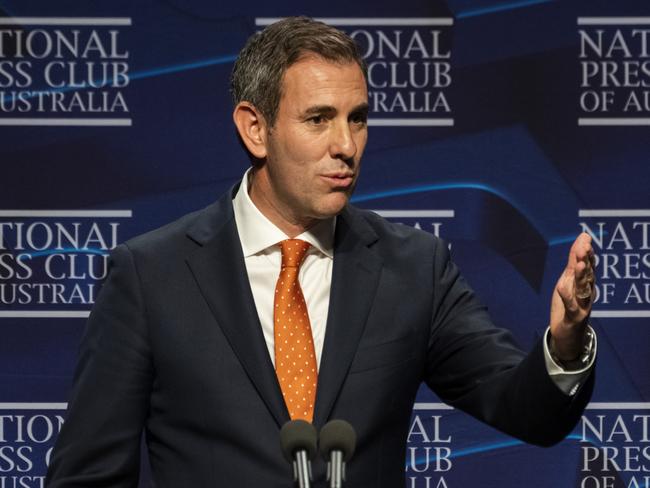
“I misheard it and I answered a different question,” he said.
On 97 occasions before the federal election, Labor promised the power bill cut to all Australian households and businesses.
Asked by News Corp to clarify his position, Mr Chalmers said the $275 figure was part of the modelling released last year and it “referred to the price in 2025”.
He said the government stood by its claim bringing more renewable energy into the market would create cheaper electricity, but blamed the war in Ukraine for “causing havoc with the energy market” and “pushing up prices” shorter term.
Mr Chalmers said Australia was also in a situation where for the last decade “too much capacity” has been pulled out of the energy market, and “not enough has been added”.
A SOLUTION PROPOSED
Capping gas prices at less than half the current levels is emerging as a solution to the soaring electricity prices, amid warnings that people who can’t afford to pay their bills will die unless costs are kept in check.
The Energy Users Association of Australia (EUAA) is calling for a cap of $10 per gigajoule – compared to the going rate of more than $25/GJ – for three years, arguing it would not only benefit manufacturers who need gas to make goods but help small businesses and households because gas-fired power generation is typically the price-setter in the national electricity market.
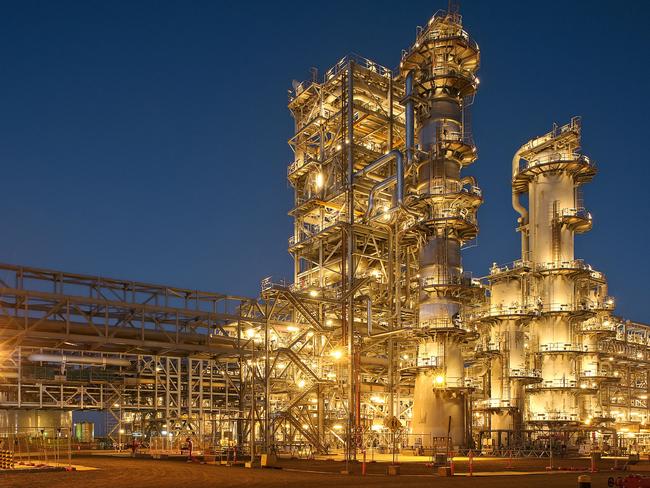
The Australian Council of Social Service (ACOSS) also wants a temporary cap imposed, as does the Australian Workers’ Union (AWU).
EUAA chief executive Andrew Richards told The Daily Telegraph businesses were facing “armageddon” and a growing number of households were afraid to turn on the heater in winter.
“If you can reduce wholesale gas prices to $10/GJ then that flows through to cheaper gas for everyone and cheaper electricity,” Mr Richards said.
“This is an emergency measure befitting of the crisis that we are facing.”
He said some EUAA members were facing gas prices of $30 to $40/GJ. Often only one supplier would respond to a tender, and give a 48-hour deadline for a decision.
He described this behaviour as “price gouging”, which is not illegal.
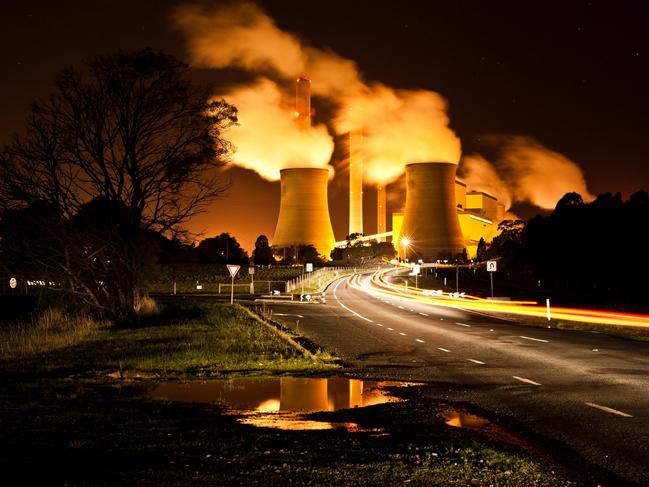
FEARS FOR LIVES AND LIVELIHOODS
A recent ACOSS survey found that because of rising energy costs, 57 per cent of respondents were taking shorter showers or skipping them altogether; 46 per cent were going to bed early to keep warm and seven in 10 had cut their heating use.
“We are really worried about what other sacrifices they will be forced to make,” ACOSS chief executive Cassandra Goldie said. “We will see more people be unable to cool their homes.
“It will lead to severe health consequences and in some cases loss of life.”
An Australian Competition and Consumer Commission spokeswoman said the ACCC has been “asked to consider options that will improve price transparency and ensure reasonable pricing.
“This will have carry-across application to gas supply as an input to electricity pricing,” she said.
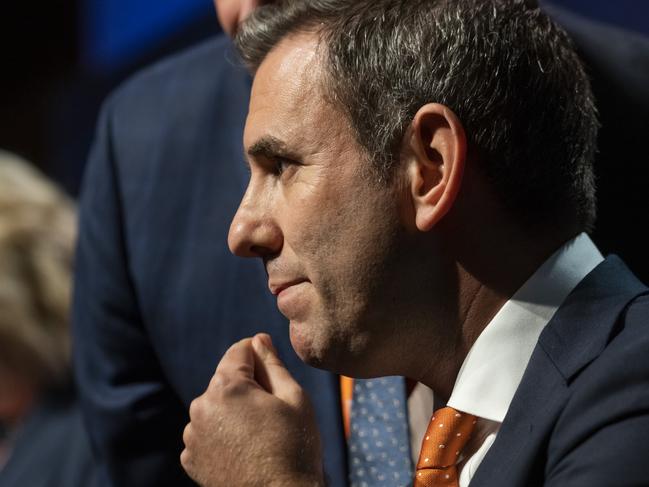
‘FACTORIES WILL CLOSE’
Meanwhile, the head of one of Australia’s biggest industrial trade unions has warned that factories will close and jobs will be lost if the government does not move to immediately cap gas prices.
Dan Walton, national secretary of the Australian Workers’ Union, said: “A number of big manufacturing gas contracts are ending on 31 December this year and I know the offers they’re getting today are higher than they were before the Heads of Agreement was introduced,” Mr Walton said, referring to an agreement signed between the government and east coast gas exporters to secure gas supplies for the domestic market.
The Daily Telegraph understands that the AWU is working to bring manufacturers, peak bodies, consumer groups, unions, and gas companies together early next month to hash out a solution to high gas prices and shortages.
“Right now what we need is for the ACCC, or the Australian Domestic Gas Supply
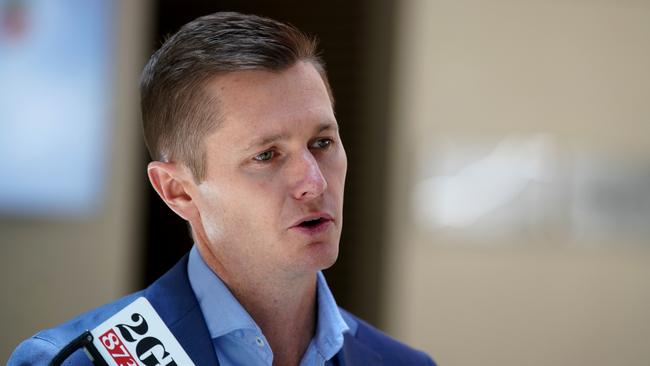
Mechanism, or both to get real power to immediately cap gas prices. If the government makes this move now everyone wins,” Mr Walton said.
One of the big three gas producers, Santos, slammed the Treasurer Jim Chalmers’ threat of intervention, made in the budget.
Santos managing director Kevin Gallagher said: “This increasing regulatory burden and threat of intervention will take Australia rapidly down the Argentinian road, doing nothing to increase supply but plenty to scare off investors and drive prices up as gas supply becomes ever more scarce.”
The other two major suppliers, Origin and Shell, declined to comment.
More Coverage
Originally published as Jim Chalmers’ budget bungle prompts call to cap gas prices in bid to bring down bills




